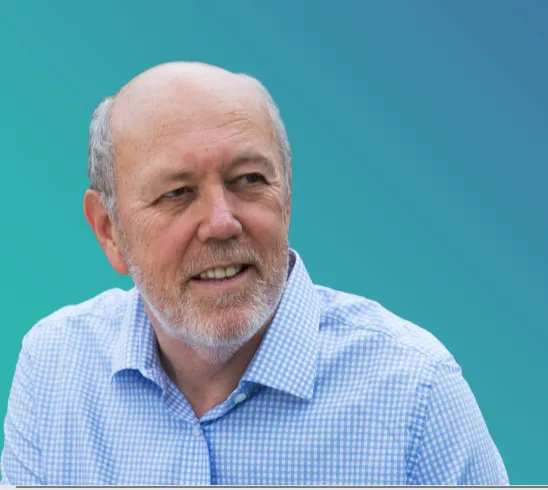With 19 startups to his name, serial entrepreneur Tony Bury credits much of his success to his own mentoring experiences, which have enabled him to continuously develop as an entrepreneur, father, husband, friend and mentor. He founded Mowgli Mentoring in 2008 to share the benefits of mentoring with the region in which he has spent much of his life working and living. Named after the Kipling character who was raised by a community of jungle animals who acted as his mentors, Mowgli has been a catalyst for entrepreneurship, leadership development, job creation, economic and social growth across the Middle East, North Africa and Sub Saharan Africa.
“In 2004 I felt suffocated. The businesses I had been establishing for the last 20 years were growing, but I was bored and had reached the end of my learning curve. I had a great mentor who suggested I look at a book each time I went through an airport until I found something new to be passionate about — I ended up with around 400 books. Fortune at the Bottom of the Pyramid caught my attention. I went to meet the author and his MBA students in early 2007, and asked them how we could create more and more successful entrepreneurs. The resounding feedback was that every entrepreneur needed a mentor who stood next to him or her in a shoulder-to-shoulder relationship. Looking at my own timeline and experience, starting with my parents, and thinking about people who are changing the world, mentoring seemed crucial.
“I’d lived in the Middle East since a young man and wanted to give back to that region. I started Mowgli in Jordan, before expanding into other Middle Eastern countries where funding was available. The biggest challenge in the Middle East was the high birth rate coupled with the lack of jobs which the governments were no longer able to satisfy — creating societal and economic problems and a youth exodus.
The Mowgli journey has been extremely challenging. Setting up an NGO means getting funding, rather than just finding other organisations to cooperate with. It was harder to get feedback on our programme syllabus than if we were a company selling a product. It has also been difficult getting the concept of human capital (capability and capacity) and then mentoring across in a region where financial capital and business skills training reigns.
“But when I talk to the mentors and mentees at programmes, the atmosphere is electric. One mentoring relationship I remember was between a young Lebanese woman running a marketing and media company and a British man working in private equity. They were diametrically opposed in religion, politics and philosophy — and the two of them absolutely hit it off. She grew her business six times in the first year of mentoring supported by Mowgli and she came out of her shell. To see her grow was a joy.
“Meanwhile the impact on mentors is profound from day one. They have told me that learning to work with people through supporting them and using active listening, powerful questioning and serving others has a transformative impact on their personal lives, as well as their professional achievements.
“At first we wondered how to break through the masks people wear — but the mentors were finding it so rewarding that they were taking on additional mentees after the programme, thereby creating a multiplier effect. One mentor told me it was one of the best relationships he’d ever had with another human being.


